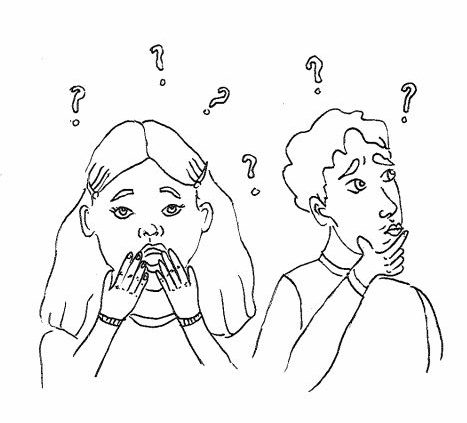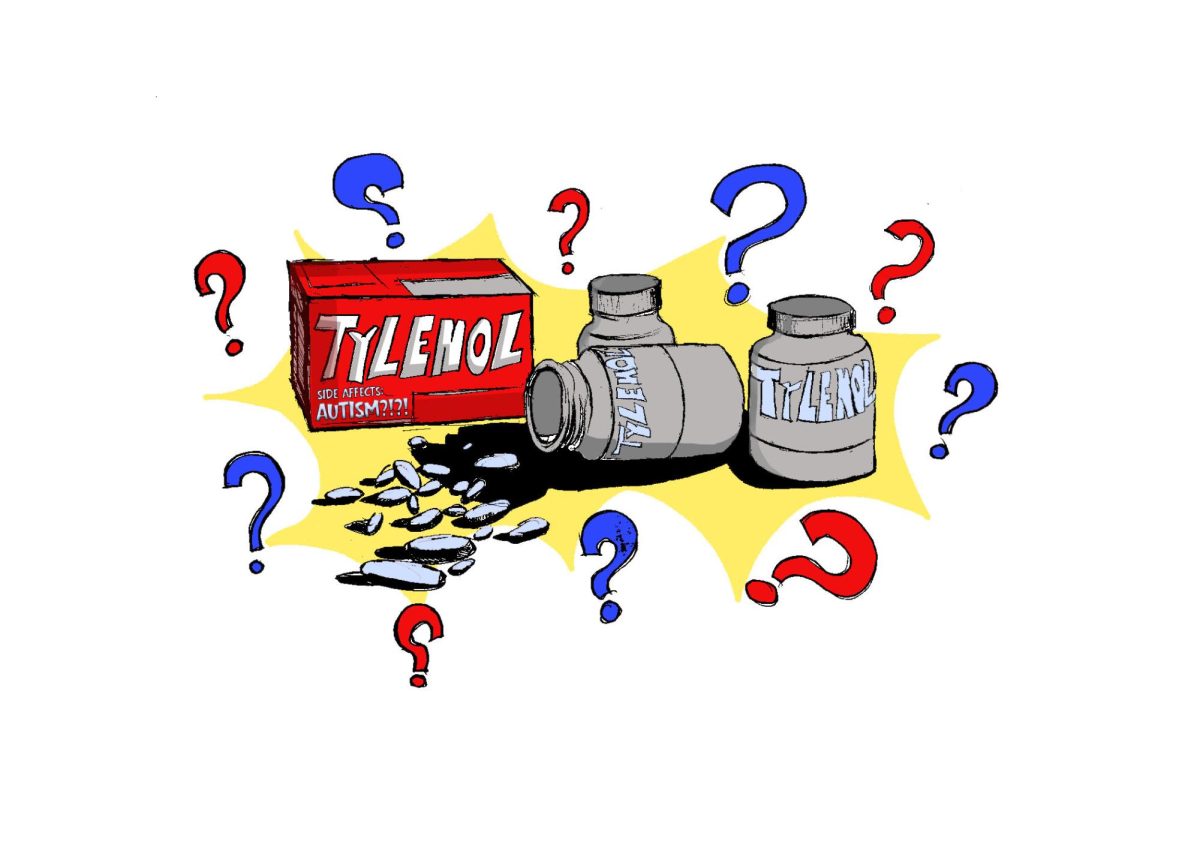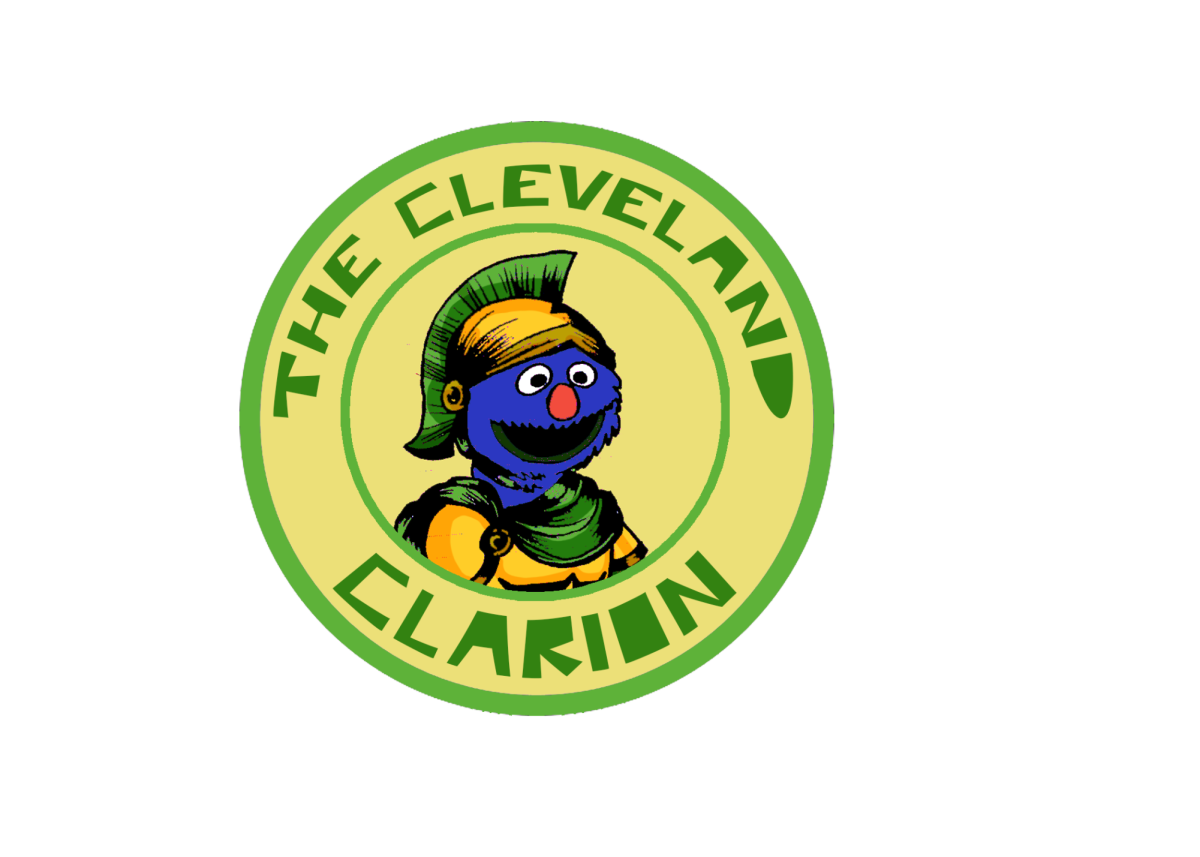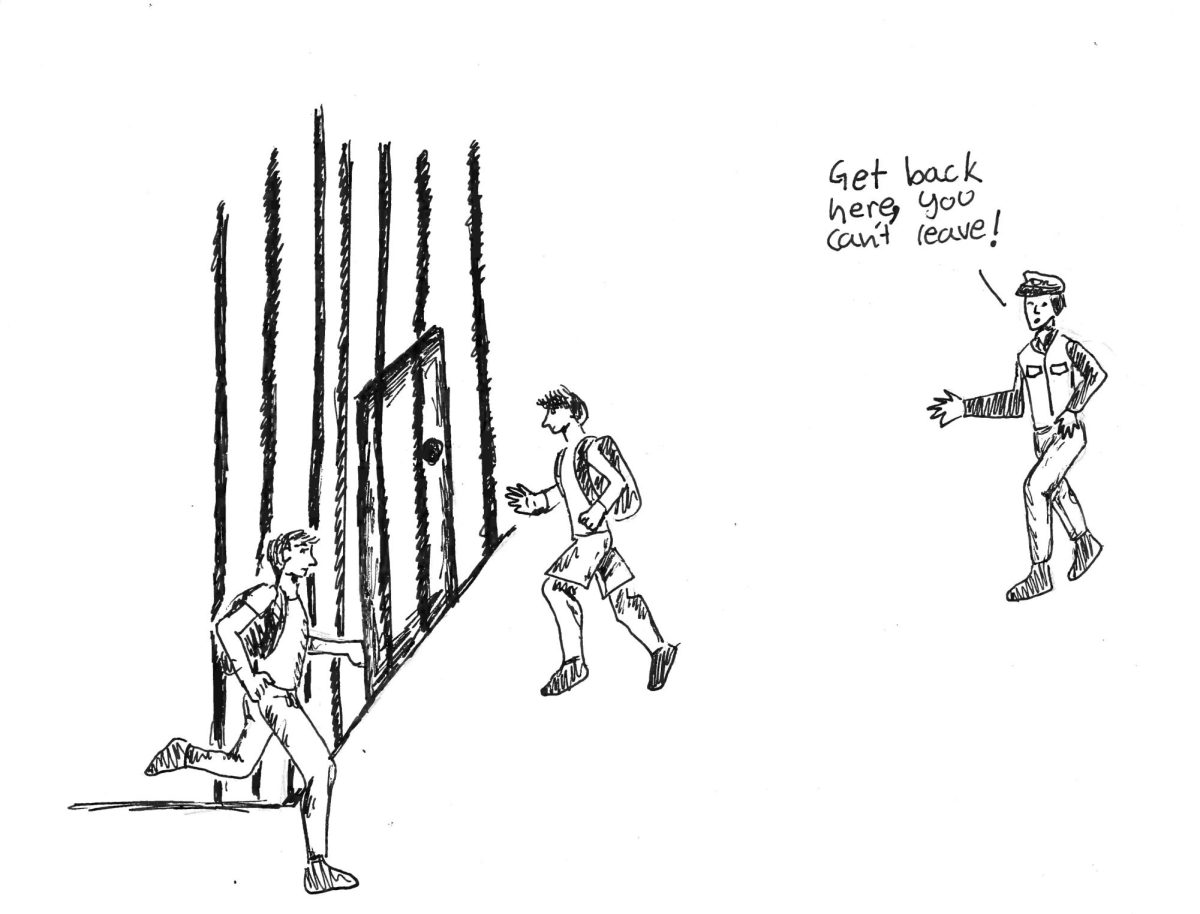Fake News: What would you believe?

Clarion photo Hannah Madans
January 25, 2017
Since the birth of our country, morality has been praised as one of the core beliefs of America. In the words of our founding father, Benjamin Franklin, “Tricks and treachery are the practice of fools, who don’t have brains enough to be honest.” But for a country as self-righteous as the USA, the 2016 election was ridiculously deceitful. In fact, the nationwide endeavor was a positive breeding ground of lies, publicly shared in the form of fake news. One study revealed that top fake election stories racked up over a million more shares and comments on Facebook than top election stories from 19 major news outlets combined, including The Huffington Post, New York Times, and NBC News.
Fake news might feel pretty harmless, but it can actually have a huge impact. Of course, voters need to know the truth in order to make educated decisions on election day. But what about the growing tension between Democrats and Republicans? Lying about candidates encourages American political parties to remain as divided as ever. People want their anger and mistrust towards the opposing party validated, making it easier to believe fake dirt on candidates they already dislike.
To avoid fake news, take a look at your own biases. Confirmation bias leads you to put more stock in information that confirms what you already believe in, and it was a huge contributor to the spread of fake news during the election.You can also make sure the author, publisher, and date all check out. Lastly, don’t take the headline’s word for it – read the entire article and compare it against other credible sources.
So how many false stories did you read during campaign season? And what did you believe? Here are five of the most ridiculous and widely spread fake news stories from the 2016 presidential election.
“WikiLeaks CONFIRMS Hillary Sold Weapons to ISIS…”
This article, written by “The Political Insider,” claims that Hillary Clinton “deserves to be arrested” for “actively arming Islamic jihadists, which includes the Islamic State (ISIS) in Syria.” The story was publicly revealed to be fake, but not before it was shared 789,500 times.
“FBI Agent Suspected In Hillary Email Leaks Found Dead in Apparent Murder-Suicide”
Conspiracy theories were rampant on social media after this fabricated story was shared and liked over 567,000 times. According to “The Denver Guardian,” an FBI agent “pertinent to the investigation” of Hillary’s latest email leak supposedly shot and killed his wife before setting their D.C. home on fire and shooting himself. The article suggested that the deaths were actually the work of assassins employed by the Clintons.
Pence: “Michelle Obama is the Most Vulgar First Lady We’ve Ever Had.”
This article was a made up account of Mike Pence’s response to Michelle Obama’s speech denouncing Trump’s “locker room banter.” According to the story, Pence said it’s “not her place” for Michelle to comment on men and their “restroom talk.” It reached 352,600 Facebook reactions after publication on usanewsflash.com.
“Pope Francis Shocks World, Endorses Donald Trump for President, Releases Statement”
Fake news site “Ending The Fed” really struck gold with this one. After 960,000 Facebook shares and comments in just three months, it became the #1 most widely spread false story of the 2016 election. Unsurprisingly, the article doesn’t hold an ounce of truth. Pope Francis didn’t endorse
Trump or anyone else, but even after legitimate news sources like the L.A. Times debunked the story, the damage had already been done.
“If I were to run, I’d run as a republican. They’re the dumbest group of voters in the country. They love Fox News. I could lie and they’d still eat it up. I bet my numbers would be terrific.” – Donald Trump, “People Magazine,” 1998
Donald Trump allegedly called Republicans “the dumbest group of voters” in a 1998 interview with “People Magazine.” The quote became a popular meme during the election season, floating all over Facebook and Instagram. “Snopes,” a site dedicated to debunking hoaxes, checked out the online interview history of “People Magazine.” They discovered that there was no interview with Donald Trump in 1998 (or any other time) that quoted him saying anything that even vaguely resembled the words in this meme.














